
Top Dental Implant Instruments Every Implantologist Should Own
What Are Dental Implant Instruments?
Dental implant instruments are specialized tools designed to assist in the surgical placement of dental implants into the jawbone.
These tools play a vital role in every stage of the implant process, such as flap creation, drilling, implant placement, and suturing.

Types of Dental Implant Instruments
Most common categories of dental implant instruments are:

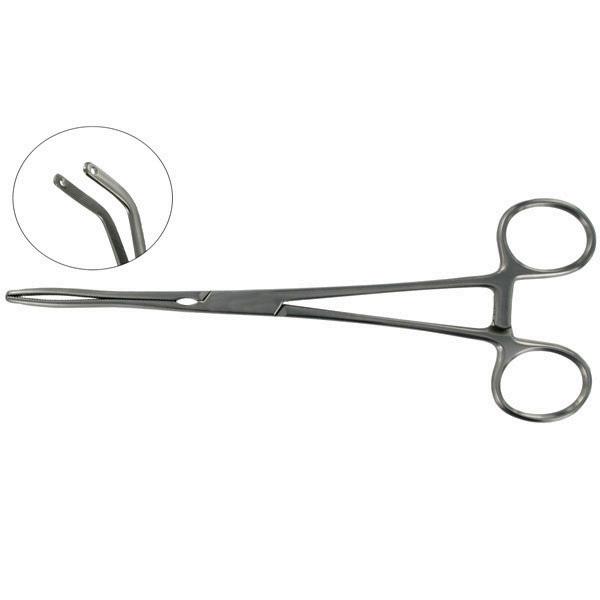
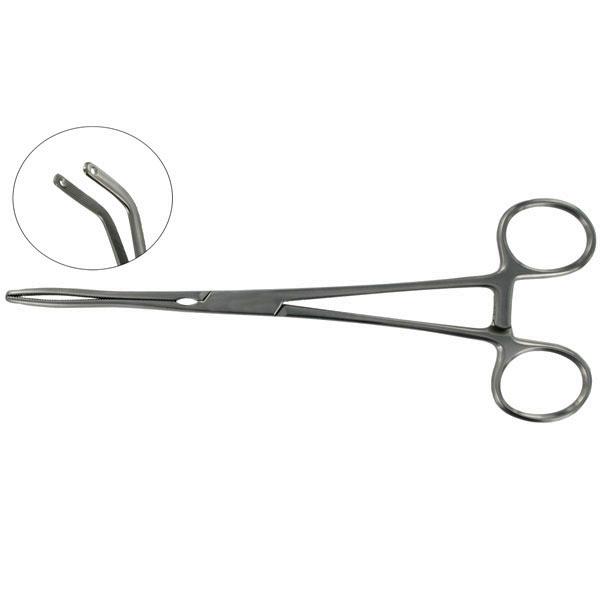
1: Bone Grafting
Dental bone grafting instruments are designed to reduce bone loss and hold a bone in a unique direction.
These dental implant instruments are available in multiple sizes and variations

2: Curette Scaler
Curette scalers are used for different periodontal procedures, such as root planning and scaling.
These instruments are ideal for removing calculus from teeth, and their curved angles help them reach the posterior surfaces of teeth.
These dental implant instruments are available in multiple variations and sizes.
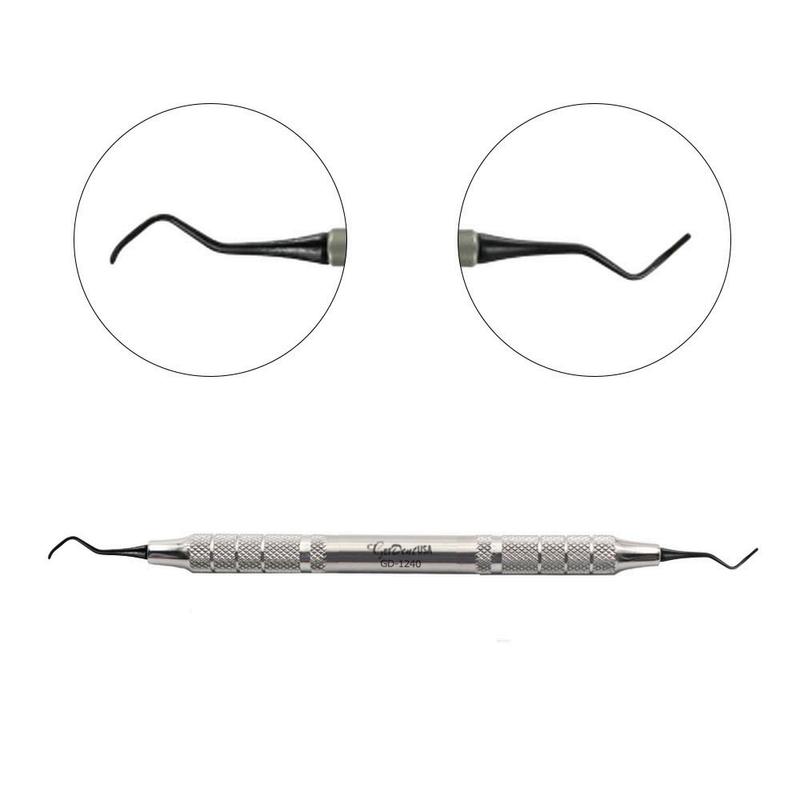

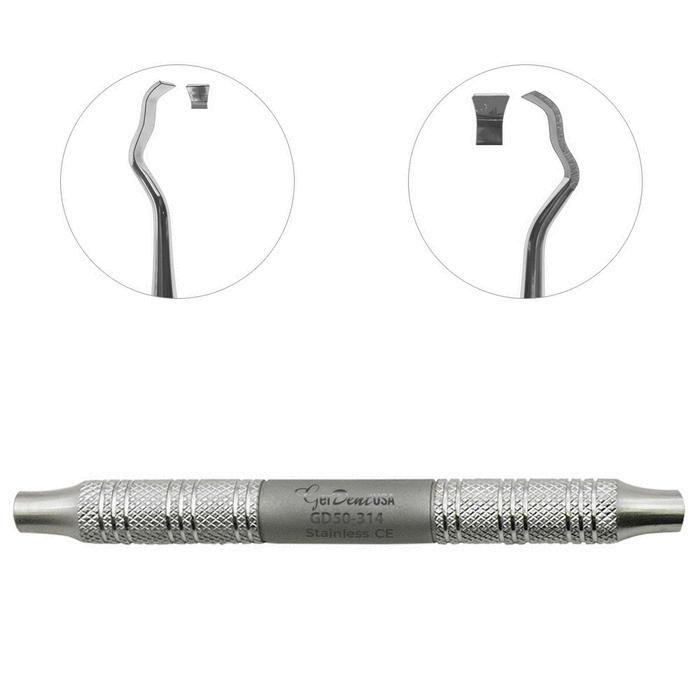
3: Surgical Chisels
Surgical chisels reshape bone, reflect the flaps, and remove secondary palatal flaps.
These dentistry instruments are also used for other dental procedures. Double-ended chisels come in several shapes and sizes.


4: Tissue Punch
Tissue punches are used in multiple dental implant procedures. These tools are ideal for accessing the narrow bone area during implant surgeries.
Dental tissue punches are available in multiple sizes with straight and curved ends, ranging from 4mm to 6mm. You can also request a custom-size tissue punch at GerDentUSA.
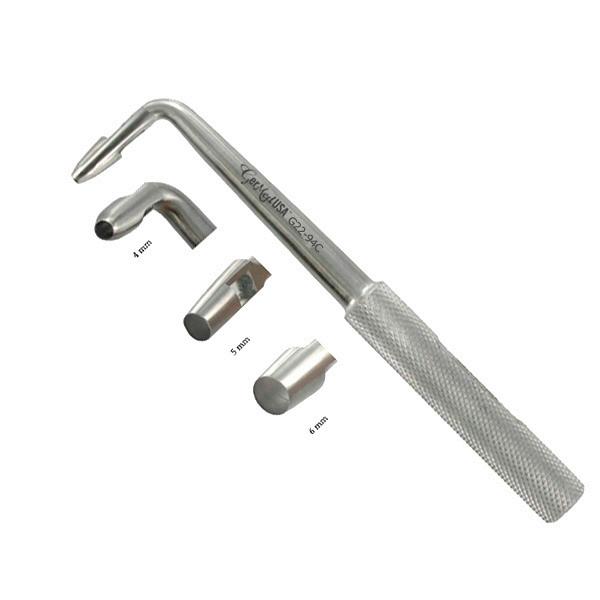

How to Use Dental Implant Instruments
Appropriately
Select the dentistry instruments suited for the specific surgery.
Always autoclave tools before use.
Begin with soft tissue curettage, elevation, drilling, implant placement, and suturing.
Replace dull or worn tools immediately.
Document which tools worked best and refine your surgical setup accordingly.

How to Maintain Dental Implant
Instruments Properly
Oral Surgery Instruments Maintenance
Checklist
Rinse immediately after surgery
Use enzymatic cleaners
Ultrasonic cleaning is recommended
Lubricate hinged instruments
Store dry and sterilized

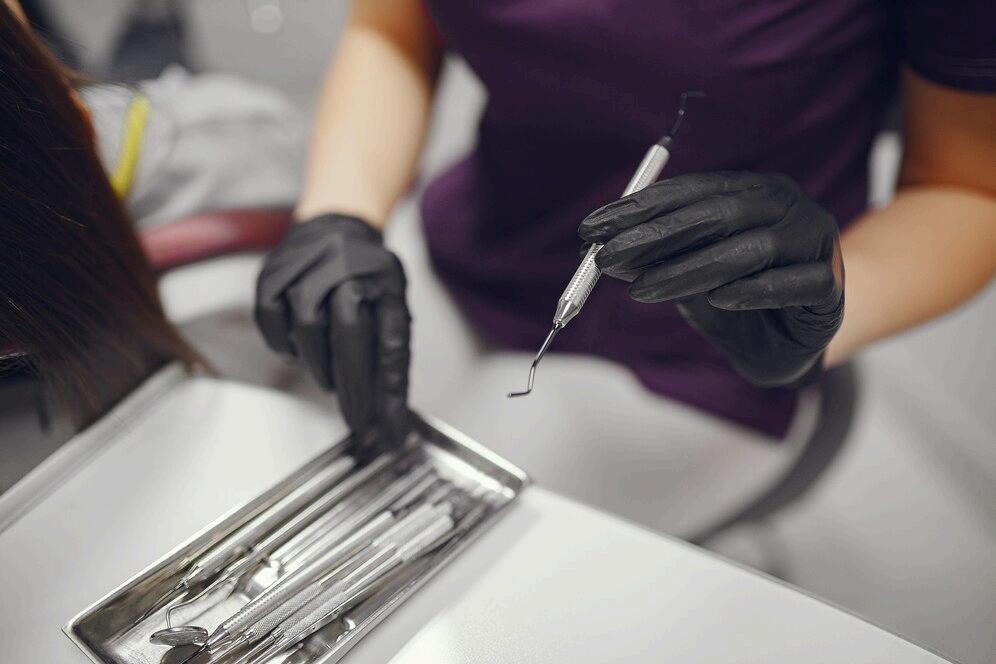
How to Choose the Right Dental Implant Instruments
Choosing the right instruments involves balancing functionality, durability, and costefficiency.
Key Considerations:
Choose German stainless steel or titanium. Select multi-use tools like the Anglevator. Ensure tools are autoclavable and corrosion-resistant.
GerDentUSA instruments are precision-engineered, surgeon-tested, and made to exceed expectations.

